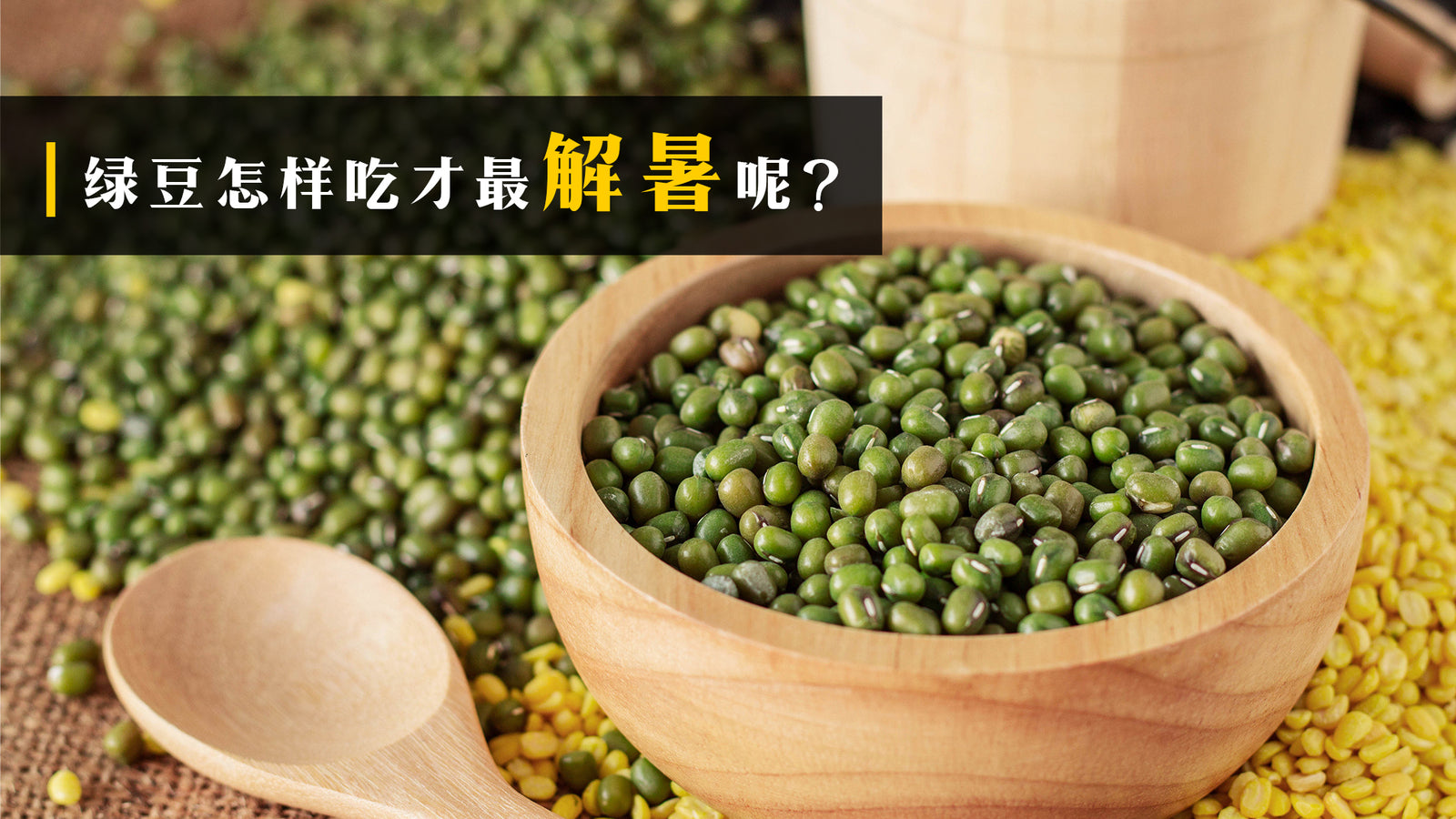Your Cart is Empty
🚛 FREE SHIPPING for order RM 120 & above
🚛 FREE SHIPPING for order RM 120 & above
🚛 FREE SHIPPING for order RM 120 & above
【不是中藥 itsherbs.com】Body Types
[不是中藥 itsherbs.com] Health Tips
【不是中藥 itsherbs.com】Media Reports • Announcement
【不是中藥 itsherbs.com】Body Types
8 major constitutions of traditional Chinese medicine
[不是中藥 itsherbs.com] Health Tips
Chinese Medicine // Wellness // Knowledge
【不是中藥 itsherbs.com】Media Reports • Announcement
Media Coverage • Announcements
4 min read
Malaysia's weather is hot, and cooling down and removing dampness are the most common ways people combat this climate. The most commonly used method to cool down and remove dampness is drinking mung bean soup. But do you understand mung beans? What kind of dampness can be treated, and what kind cannot? Is it just a matter of throwing a handful of mung beans into the pot, waiting until they're cooked, turning off the heat, and pouring it out to drink to cool down? Today, we will answer various questions encountered when using mung beans to cool down! Answer: Mung beans are indeed sweet and cold in nature, but that doesn't mean cold foods cannot be eaten. Sweetness can generate fluids, and coldness can clear heat, so mung beans are just right for symptoms caused by excessive summer heat, such as thirst and irritability. However, cold-natured foods should not be consumed by people with a cold constitution. If you are clearly sensitive to cold, have chronic loose stools or diarrhea, and your symptoms worsen after eating cold foods, it indicates you have a deficiency-cold constitution (weak spleen and stomach function). In this case, it is best not to eat mung beans. 
Q1: "I really like eating mung beans, but I heard mung beans are cold in nature. Can I still eat them?"

Q2: "I heard that mung beans help remove dampness. Can they be used for all types of dampness?"
 For more information about damp-heat constitution, you can click the following link:
For more information about damp-heat constitution, you can click the following link:
Answer: That's right! The ingredients in mung beans that relieve heatstroke are mostly in the mung bean skin, and when we usually cook mung bean water, we tend to turn off the heat only after the mung beans are cooked soft and mushy. Actually, this is incorrect; cooking for a long time will greatly reduce the effective ingredients on the mung bean skin.
In "Zunsheng Bajian" it is recorded: "Rinse the mung beans clean, put them in a pot with water, bring to a boil over high heat, then take the soup off the heat and let it cool; the color should be greenish and it is ready to eat. If boiled too long, the color becomes turbid and it is not fit to eat."
It is clearly stated here that when using mung beans to relieve heat, you should boil the water on high heat until it just boils, then turn off the heat. Drinking the mung bean soup with a bright green color is most effective for relieving heat, whereas boiling it for a long time greatly reduces its heat-relieving effect.
Answer: Actually, mung beans are a food, so they are very safe. Generally, an adult can consume about 30 grams at a time, so if you are cooking a pot of mung bean soup for your family, you can use even more, just a handful. When the weather is especially hot, you can cook a pot of mung bean soup to replace your daily drinks.
Answer: The "Encyclopedia of Chinese Medicine" records: mung beans can clear heat and detoxify, relieve summer heat, and promote diuresis. They are used to treat summer heat-induced irritability and thirst, edema, diarrhea, erysipelas, abscesses, and to detoxify heat-related toxins.
So in addition to relieving summer heat and dampness, it can also treat erysipelas, carbuncles, and other heat-related skin diseases. It can also treat symptoms such as difficulty urinating caused by damp-heat. Drinking mung bean soup frequently in hot weather can effectively prevent the occurrence of prickly heat in babies.
Answer: Mung beans have detoxifying effects. The "Encyclopedia of Chinese Medicine" considers that they can detoxify "heat toxin". Therefore, eating mung beans while taking Chinese medicine is not strictly prohibited. Instead, the principle of treatment based on syndrome differentiation should be followed. Mung beans, which are cold in nature, should not be eaten during cold-type illnesses, but can be consumed along with appropriate heat-clearing prescriptions during heat-type illnesses.
In addition, mung beans combined with adzuki beans and black beans can make a simple and effective "Hangover Three Bean Soup"!

Ingredients: 50g each of mung beans, adzuki beans, and black beans, 15g licorice, appropriate amount of rock sugar
practice:
1. Wash all ingredients and soak for about 1 hour.
2. Put all the ingredients into the pot, add 1000g of water, bring to a boil over high heat, then reduce to low heat and simmer slowly.
3. Add an appropriate amount of rock sugar and continue to cook for 5 minutes.
4. If you prefer a thicker consistency, you can cook it for a slightly longer time.
Efficacy: Refreshes and relieves alcohol intoxication; mung beans and adzuki beans have effects of clearing heat, relieving summer heat, and promoting diuresis; black beans strengthen the spleen and tonify the kidneys. In this soup, mung beans and adzuki beans are both cold in nature, and the addition of black beans partially counteracts their coldness. Therefore, the three-bean soup not only clears heat and relieves summer heat but also strengthens the spleen and promotes diuresis. As a result, regular consumption of an appropriate amount of three-bean soup by the general population will not adversely affect spleen and stomach function and can alleviate symptoms such as dizziness, headache, irritability, and vomiting caused by alcohol.
